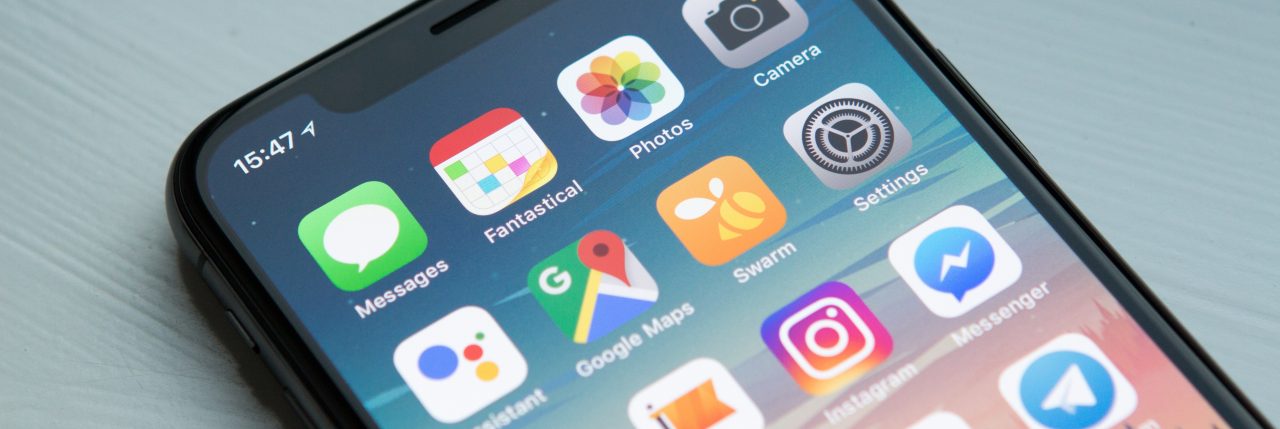Many of us are beginning to return to some sense of normalcy in our routine as the pandemic continues and, in some areas, re-emerges. While there was an emphasis on attending to mental health at the height of the pandemic, it is easy to lose sight of this as we return to work, school, and other activity of daily living. For this and many other reasons, there has been a renewed push to develop and research smart phone and web-based technologies to assist people in attending to their mental health while on the go. What behavioral scientists such as Drs. Pooja Chandrashekar of Harvard University and Kiona Weisel of University Erlangen-Nürnberg have found is that, while using smartphone apps as standalone psychological interventions cannot be recommended, these apps have strong potential to deliver high-efficacy mental health interventions in the context a global shortage of mental health providers and services until more traditional interventions are more widely available.
Ready to begin exploring some of these apps yourself? Here is a list of those that have the strong research-based support for efficacy:
- MoodHacker – Using MoodHacker every day is key to seeing your patterns and progress. Check out the 7-day and 30-day snapshots to see which days and activities lifted you up or brought you down. Since what you do relates to how you feel, over time you’ll learn which activities boost your mood. If your positive activities are working, you should see a steady improvement in your mood.
- Mindfulness Coach – Practicing mindfulness means grounding yourself in the present moment. Mindfulness has been shown to be helpful for reducing stress and coping with unpleasant thoughts and emotions. Mindfulness Coach will help you practice mindfulness meditation.
- CBTi Coach – For those who have experienced symptoms of insomnia and would like to improve their sleep habits, this app will guide users through the process of learning about sleep, developing positive sleep routines, and improving their sleep environments. It provides a structured program that teaches strategies proven to improve sleep and help alleviate symptoms of insomnia.
- SuperBetter – SuperBetter builds resilience – the ability to stay strong, motivated and optimistic even in the face of change and difficult challenges. Playing SuperBetter unlocks heroic potential to overcome tough situations and achieve goals that matter most.
- PTSD Coach – PTSD Coach was designed for those who have, or may have, posttraumatic stress disorder (PTSD). This app provides you with education about PTSD, information about professional care, a self-assessment for PTSD, opportunities to find support, and tools that can help you manage the stresses of daily life with PTSD. Tools range from relaxation skills and positive self-talk to anger management and other common self-help strategies. You can customize tools based on your preferences and can integrate your own contacts, photos, and music. This app can be used by people who are in treatment as well as those who are not.
Have an app that has been helpful for you? Let us know!

